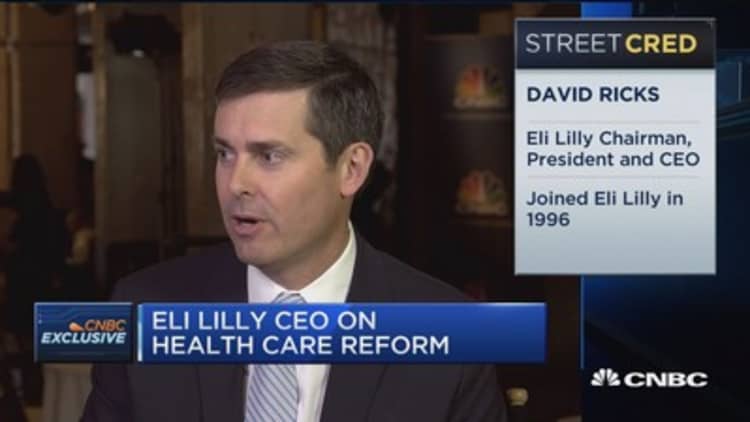Medicine is going digital and regulators are under pressure to keep pace.
The U.S. Food and Drug Administration announced a few months ago that it will create a new unit dedicated to digital health, which will include team of engineers. And on Thursday, the FDA's recently-appointed commissioner Scott Gottlieb went a step further, outlining in a blog post more steps the agency is going to take.
Gottlieb said he's putting together a "digital health innovation plan" that will lay out how devices will be regulated so that developers have clarity on the rules and don't have to seek out the FDA's position on a "case-by-case basis."
Many in the health technology industry are optimistic about the steps being taken.
"Holy smokes," said Bradley Merrill Thompson, a lawyer with the firm Epstein Becker Green, who specializes in digital health and FDA, in an email to CNBC. "I feel like I've died and gone to heaven."

Thompson said that industry groups have been calling for years for the FDA to define how it plans to regulate a category of software called clinical decision support. This broadly refers to tools to help doctors with diagnoses and treatment decisions.
In addition to health IT start-ups, many of the largest technology companies are entering this area with machine learning applications to detect signs of disease from mounds of medical data and images. IBM has made a huge bet on its Watson technology for hospitals, while Alphabet could bring its DeepMind technology to the U.S.
The FDA first announced plans to publish a guidance document in 2011. The 21st Century Cures Act said that software, if intended to help maintain a healthy lifestyle, is generally outside the scope of regulation. Gottlieb promised that the FDA will provide more specific guidelines.
Gottlieb also said the FDA is looking at supporting developers of lower risk digital health products in order to "reduce the time and cost of market entry."
If the agency gets it right, start-ups will really benefit, said Thompson.
"We have been waiting for this for a long, long time," he said.
Watch: FDA to publish list of drugs with no generic competitor



